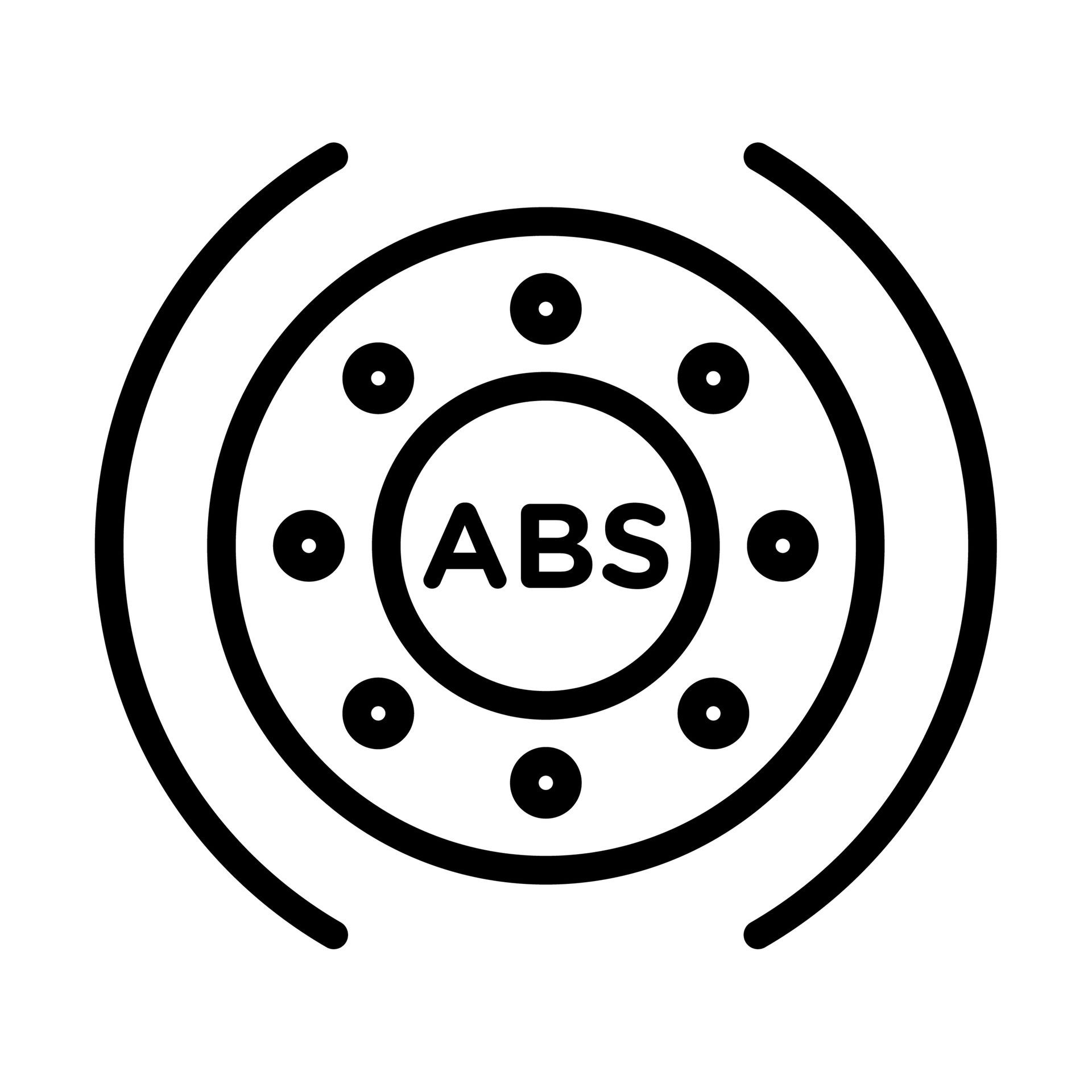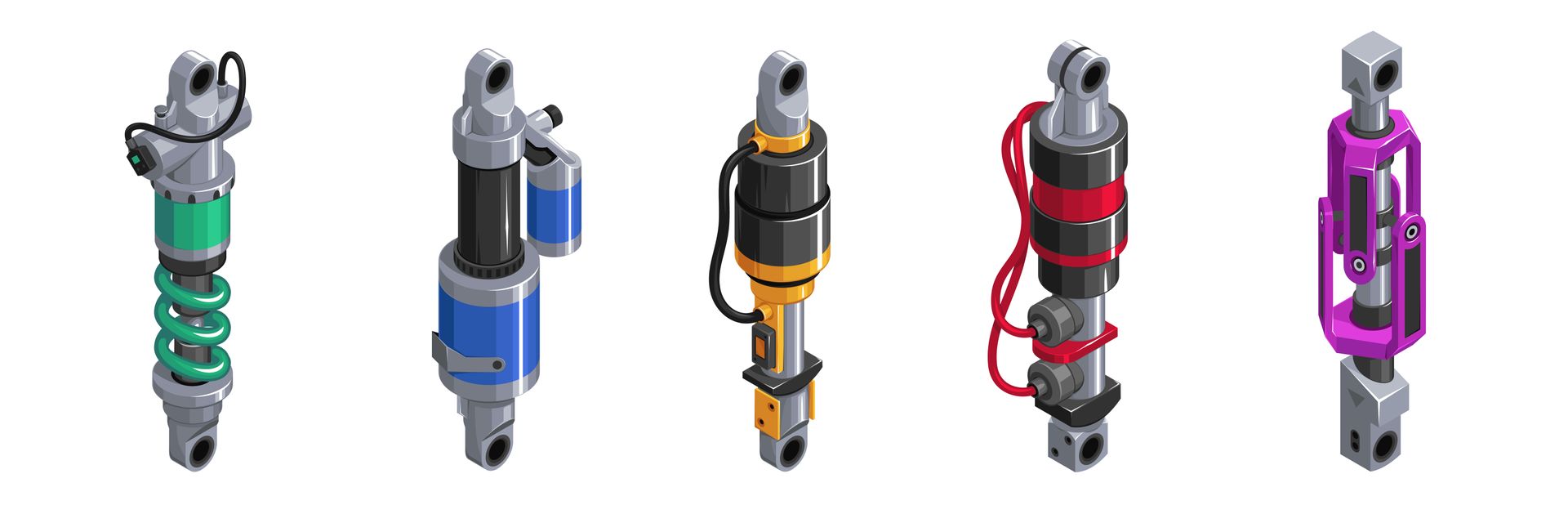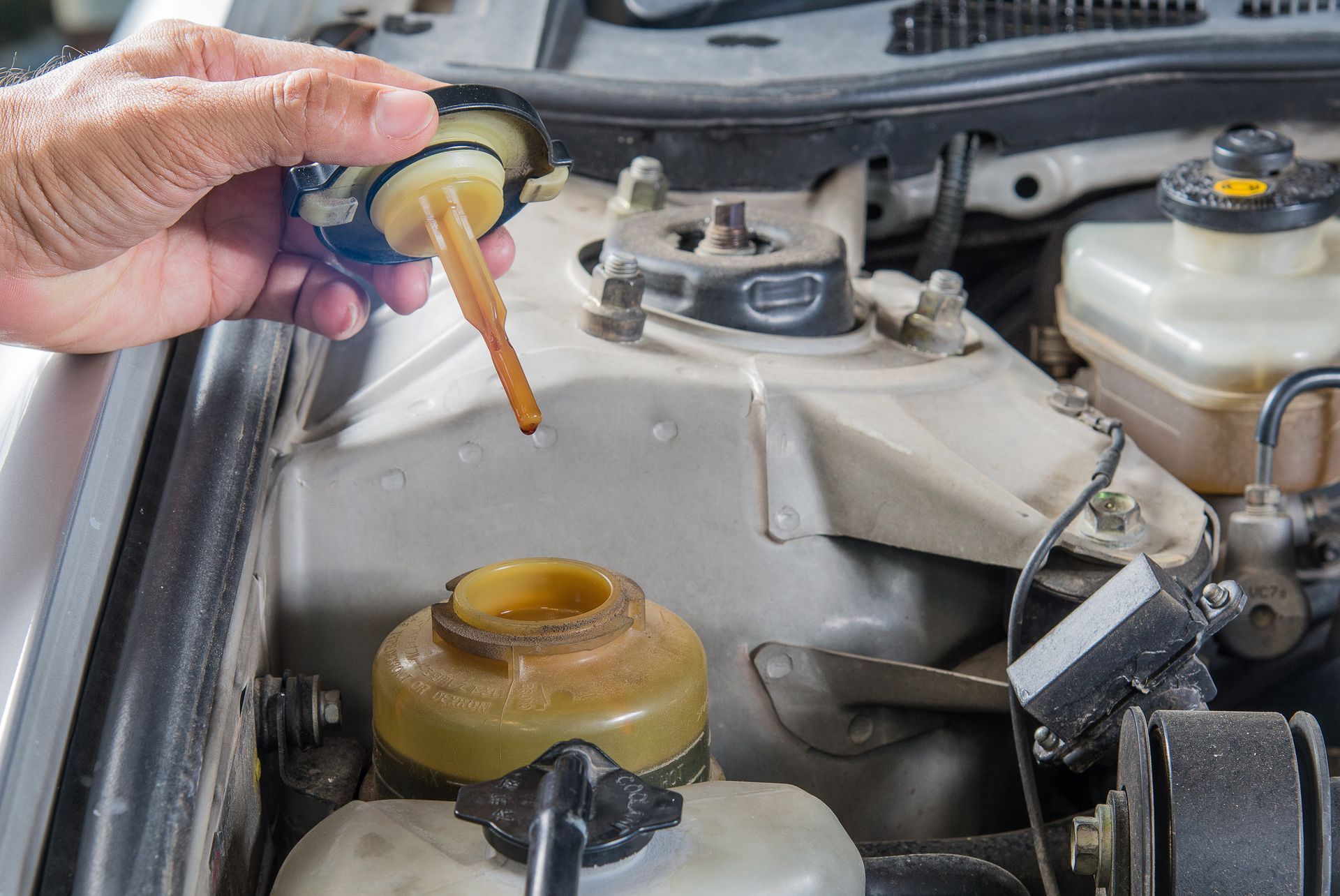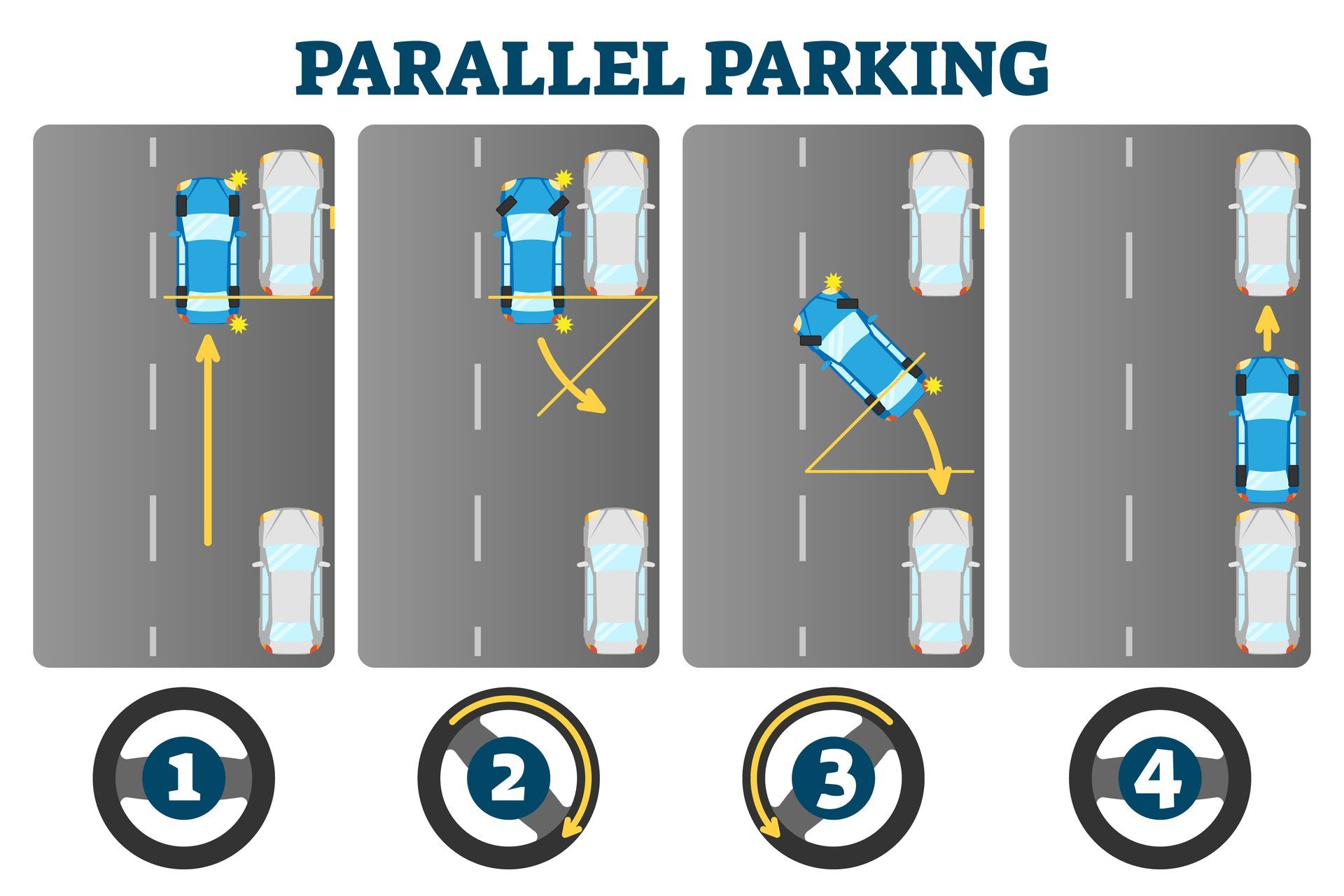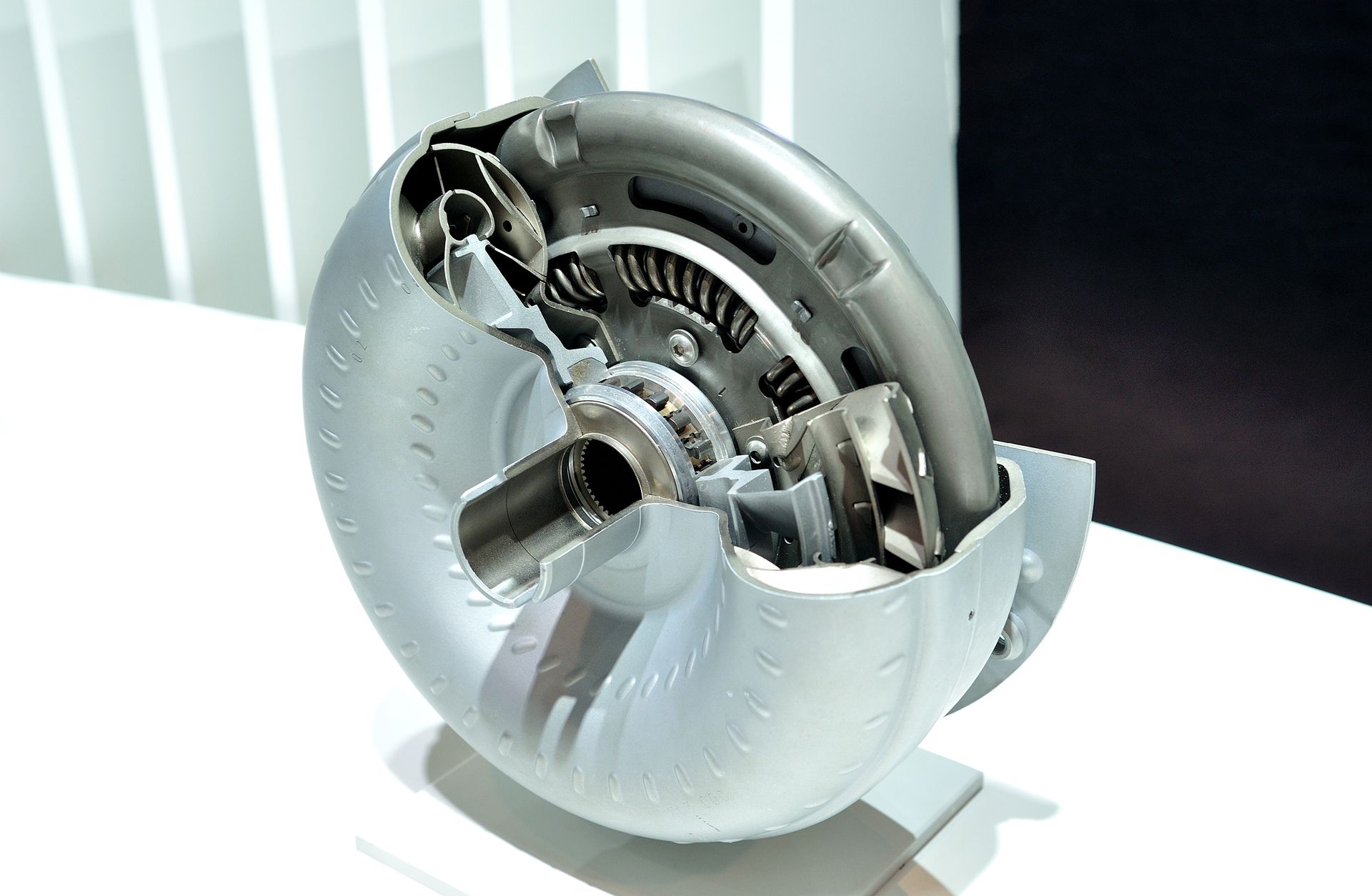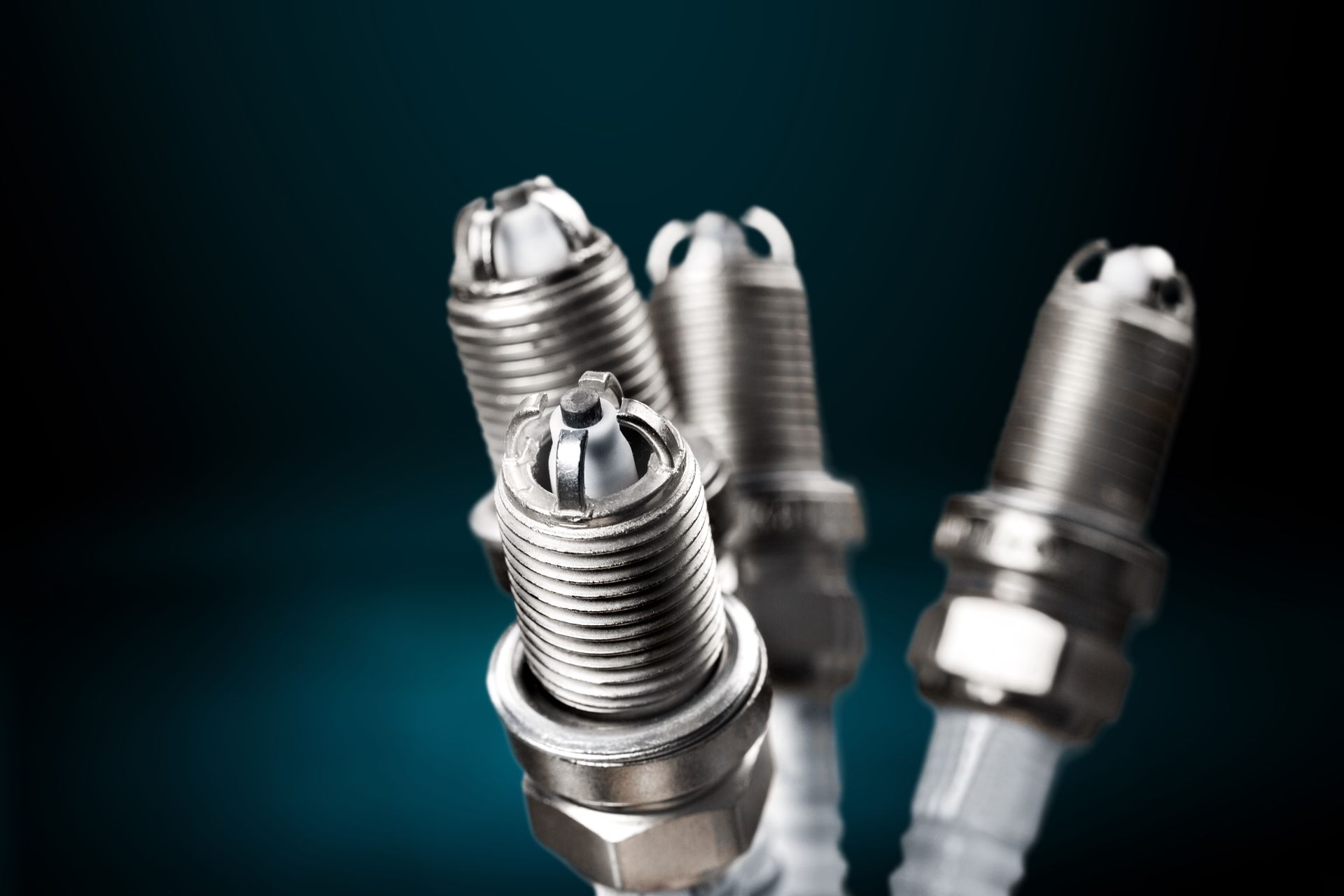If you’ve checked your oil dipstick recently and noticed the level has dropped—but there’s no sign of a leak on the ground or engine—you're not alone. It’s a confusing situation for many car owners. Oil loss without any visible leak might seem like a mystery, but it's more common than you might think. And it can be a sign of an underlying issue that shouldn't be ignored.
Your Engine Might Be Burning Oil Internally
One of the most likely reasons your oil is disappearing is internal oil consumption. In many cases, the engine burns small amounts of oil during normal operation. This is especially true in older vehicles or those with high mileage. Over time, wear and tear on the piston rings, valve seals, or cylinder walls allows oil to seep into the combustion chamber where it burns along with the fuel.
This process doesn’t leave any spots on your driveway, but it will gradually reduce the amount of oil in your engine. Some cars can lose a quart every 1,000 to 2,000 miles this way and still be considered within the “normal” range—though it’s worth noting that excessive consumption should always be evaluated.
PCV System Issues Can Lead to Oil Disappearance
The positive crankcase ventilation (PCV) system plays a crucial role in regulating engine pressure and recycling vapors. When it’s working properly, it prevents oil from escaping or burning unnecessarily. But if the PCV valve is clogged or malfunctioning, it can cause oil to be sucked into the intake system and burned without any trace.
This isn’t something most drivers can detect on their own, but a mechanic can inspect the PCV system to ensure it’s not contributing to your oil loss.
High Engine Temperatures Accelerate Oil Use
Engines that run hotter than normal may burn more oil even if everything else appears to be functioning correctly. Prolonged idling, aggressive driving, and poor cooling system performance can all increase oil consumption. Synthetic oils, while better for performance and longevity, can sometimes evaporate more quickly under high-heat conditions—especially if you’re pushing your car hard or driving in stop-and-go city traffic.
Oil Changes and Overfills Can Skew the Numbers
Sometimes, what looks like oil loss is just a case of inaccurate readings. If your car was overfilled during an oil change, the excess oil might have burned off quickly, making it seem like your engine used more than it actually did. On the flip side, if you check your dipstick while the engine is hot or the car isn’t on level ground, you might get a misleadingly low reading.
To get an accurate reading, check the oil when the engine is cold, and the car is parked on a flat surface. Always wipe the dipstick clean and reinsert it before reading the level.
When to Be Concerned About Oil Loss
While some oil consumption is normal, it becomes a concern if you’re topping off frequently or noticing performance changes. If your engine starts misfiring, your exhaust smells burnt, or you're refilling oil every few weeks, it’s time to schedule a checkup. Excessive oil burning can lead to carbon buildup on pistons, reduced fuel efficiency, and long-term engine wear.
In some cases, the issue could be a precursor to more serious internal damage. Diagnosing the problem early can help you avoid costly repairs down the line.
International Sport Motors – European Engine Specialists in San Francisco, CA
If your car is losing oil and there are no visible leaks, let
International Sport Motors in San Francisco, CA, inspect your engine. Our expert technicians will run compression tests, inspect your PCV system, and evaluate internal engine components to determine what’s happening and how to fix it.

